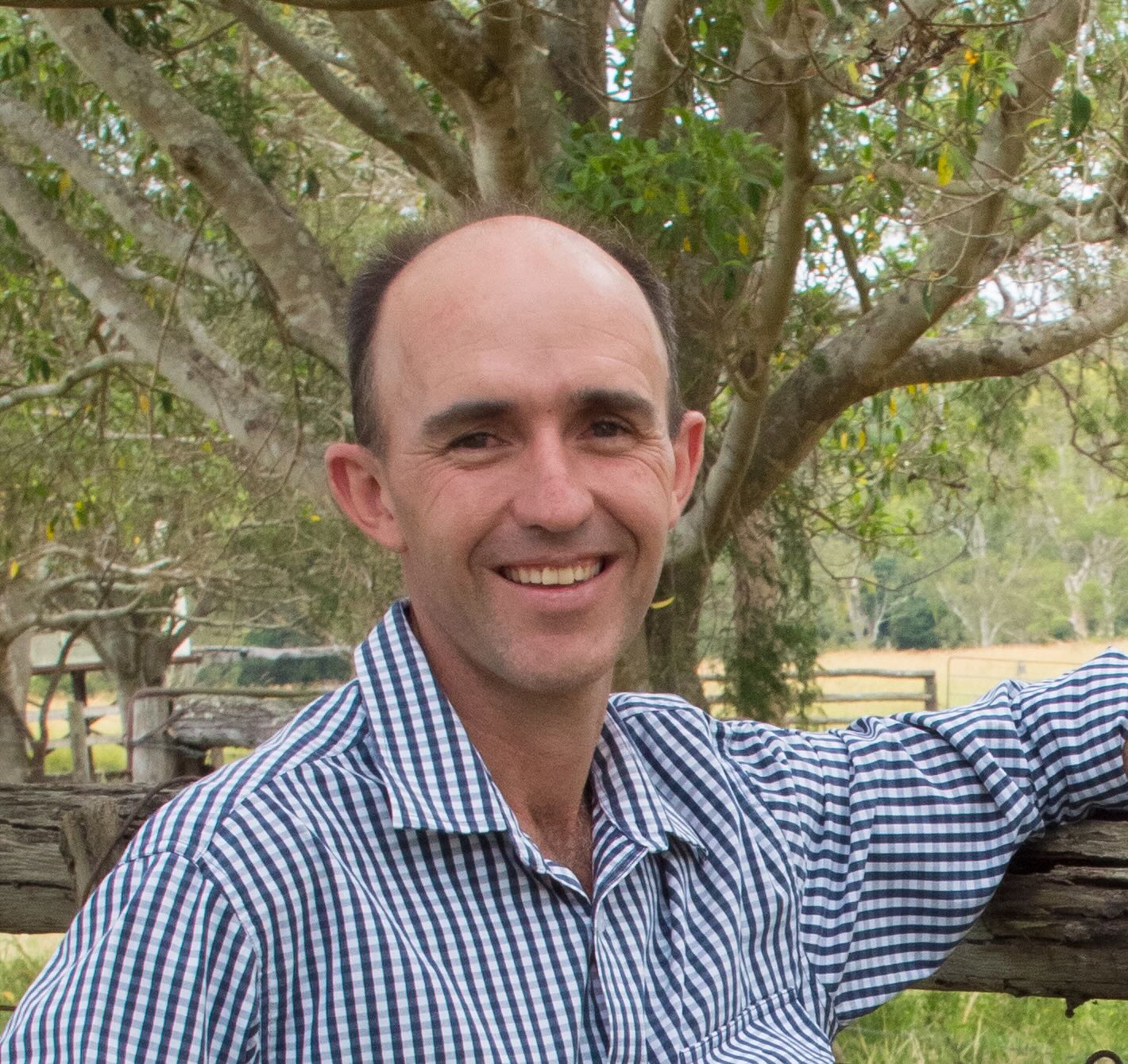Providing artificial shade in relatively treeless rangelands to increase calf survival
Abstract
Foetal and calf losses between confirmed pregnancy and weaning, also known as calf wastage, have been identified as a significant issue by beef producers in Northern Australia. A study of the reproductive performance of 142 commercially managed breeding mobs in the region by McCosker et al. (2022) found that 25% of mobs in the Northern Downs had foetal and calf losses exceeding 15%. According to Beef CRC studies, pre-natal loss in the absence of infectious disease averages only around 3%, with most loss, which constitutes approximately two-thirds of all postnatal losses, occurring within the first week of life (Bunter et al. 2014). Heat stress is a potential factor that contributes to calf loss, and in the Northern Downs, a 7% higher occurrence of calf loss was observed for heifers in the region when the temperature humidity index exceeded 79 for at least two weeks during the month of expected calving (Fordyce et al., 2022). Modifying the environment can reduce heat gain and elevate heat dissipation to protect calves and heifers from heat stress. The Northern Territory Department of Industry, Tourism, and Trade collaborated with researchers from the University of Queensland and the University of Southern Queensland to evaluate the effectiveness of providing paddock-shade shelters in reducing the occurrence of calf wastage. Although the provision of artificial shade to open grazing lands has the potential to improve animal welfare, it did not appear to be an effective method of consistently reducing the occurrence of foetal and calf loss, nor did it lead to any other production gains.
 Dr Kieren McCosker
Dr Kieren McCosker
Kieren McCosker is a tropical beef production expert with extensive experience in investigating production issues across various facets of the northern beef production system and Southeast Asia. Kieren completed an Agriculture Science - Animal Science degree at the University of Queensland, followed by a PhD at the School of Veterinary Science, also at the University of Queensland. During his time working in the Primary Industries Division of the Northern Territory Government's Department of Industry, Tourism, and Trade, he was heavily involved in several large projects, including the Cash Cow project, which aimed to determine the factors associated with reproductive performance in northern Australia beef cows. In 2021, Kieren joined the Centre of Animal Science at Queensland Alliance for Agriculture, Food, and Innovation. Currently, he is current involved in several projects one of which aims to examine the impact of shade and paddock infrastructure on calf mortality, as well as the use of remote technologies to detect key production events, such as calving and associated maternal behaviours.
Dr Kieren McCosker, Senior Research Fellow, Centre for Animal Science, Queensland Alliance for Agriculture and Food Innovation E: k.mccosker@uq.edu.au
For any questions, please contact the QAAFI Science Seminar Committee.
For any questions, please contact the QAAFI Science Seminar Committee.
About Science Seminars
Queensland Alliance for Agriculture and Food Innovation hosts science seminars across the disciplines of animal, horticulture, crop, food and nutritional sciences.
With a range of speakers from Australia and abroad, the series explores how high-impact science will significantly improve the competitiveness and sustainability of the tropical and sub-tropical food, fibre and agribusiness sectors.
View Science Seminar pageSign up to receive QAAFI Science Seminar notifications
Email Science Seminar Committee
The Queensland Alliance for Agriculture and Food Innovation is a research institute at The University of Queensland, established with and supported by the Queensland Department of Primary Industries.
Venue
https://uqz.zoom.us/j/86185805555

